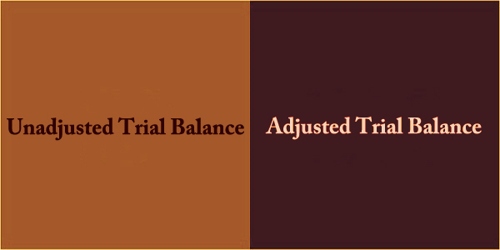Post-traumatic headaches can arise as a result of brain injuries or trauma, and their management may vary based on the underlying cause and specific patient characteristics. If you or someone you know is experiencing post-traumatic headaches, it is critical to contact a healthcare expert for an accurate diagnosis and suitable treatment options based on the most recent medical information and research available.
A study performed by VA Puget Sound Health Care System researchers discovered that prazosin, a blood pressure medication, can help avoid posttraumatic headaches.
Dr. Murray Raskind, senior research author and director of the VA Northwest Mental Illness Research, Education, and Clinical Center in Seattle, Washington, noted that there are limited therapy choices for this form of headache.
“The most common long-term consequence of mild traumatic brain injuries (concussions) in Veterans and active-duty service members is persistent posttraumatic headaches, which cause significant distress and disability at home and work.” Although these headaches sometimes mirror migraine headaches in symptoms, they frequently fail to react to migraine preventative therapy,” Raskind explained.
This study is the only clinical trial of an oral medication to demonstrate efficacy for posttraumatic headache. Because prazosin is widely used across VA and the Department of Defense to treat PTSD trauma nightmares and sleep disruption, many VA and DOD prescribers are familiar with prescribing this generically available, inexpensive medication.
Dr. Murray Raskind
In 1976, the FDA approved prazosin for the treatment of hypertension. It’s been commonly used “off-label” to treat things like PTSD-related nightmares and enlarged prostate. Members of the research group previously suggested that prazosin could lower the frequency and intensity of headaches produced by traumatic brain injury (TBI).
The researchers conducted a pilot study with 48 Veterans and service personnel suffering from headaches induced by mild TBI, also known as a concussion, to assess this effect. For five weeks, participants received steadily increasing dosages of prazosin before getting the maximal dose for 12 weeks. The medicine was well tolerated, according to the study, with morning drowsiness being the main side effect.
Prior to the start of the experiment, research participants had an average of 18 headache days per month. By the end of the 12-week period, those receiving prazosin reported headaches only six days per month on average. Participants who received a placebo reported fewer headaches, but still suffered headaches approximately 12 days per month. During the 12 weeks of taking the maximum dose of medication, participants in the prazosin group reported at least 50% fewer headaches.

Participants using prazosin also experienced significant reductions in the impact of headaches on their quality of life. By the end of the trial, individuals taking prazosin claimed that headaches had “some impact” on their daily capacity to work, whereas those given a placebo reported that headaches had a “severe impact.”
According to the researchers, larger clinical trials are needed to validate the breadth of these encouraging effects, but these preliminary findings offer potential alleviation for a prevalent condition suffered by many Veterans.
“This study is the only clinical trial of an oral medication to demonstrate efficacy for posttraumatic headache. Because prazosin is widely used across VA and the Department of Defense to treat PTSD trauma nightmares and sleep disruption, many VA and DOD prescribers are familiar with prescribing this generically available, inexpensive medication,” said Raskind. “Prazosin now offers an evidence-based approach to alleviate the suffering of Veterans and service members who have struggled for years with frequent posttraumatic headaches.”
TBI has been dubbed the “signature injury” of the Iraq and Afghanistan conflicts. Since 2000, about 460,000 service members have had a TBI, the majority of which were minor. Headaches are common after a mild TBI, and they frequently become chronic, causing significant impairment and distress.
















